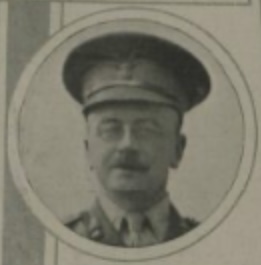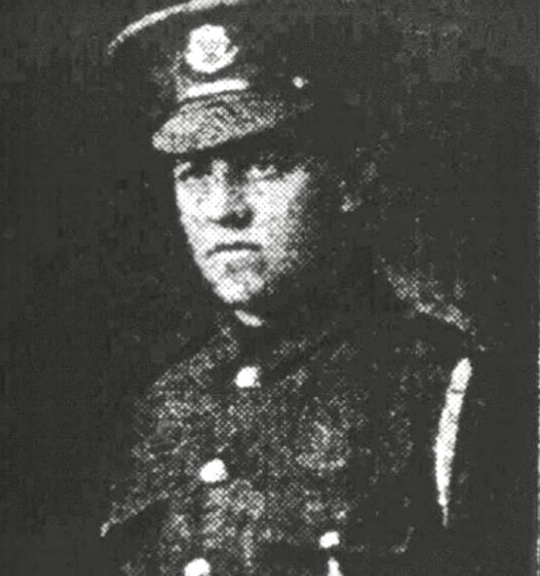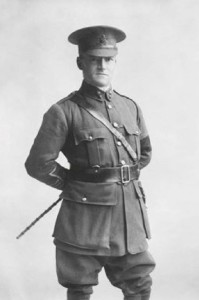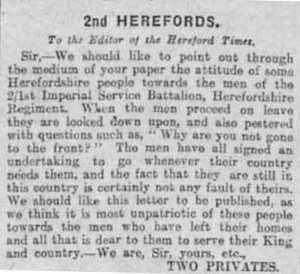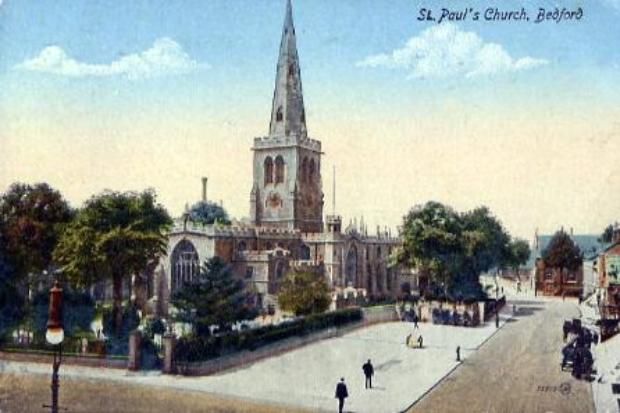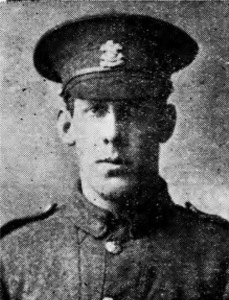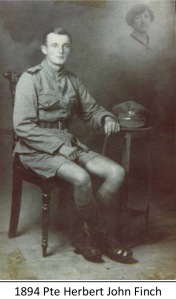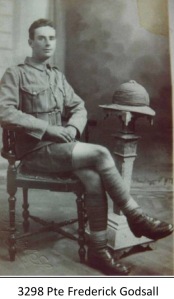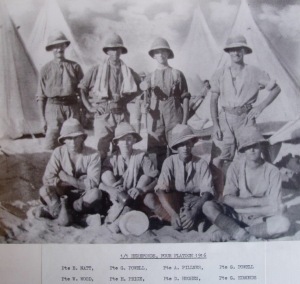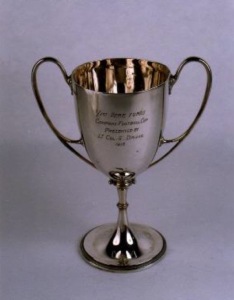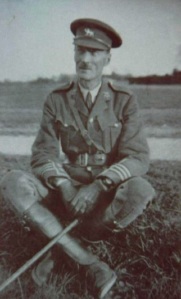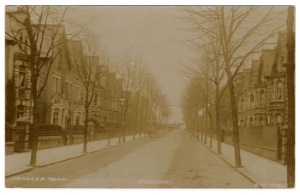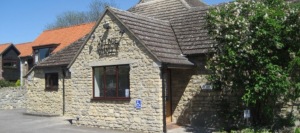In August 1915 Bernard Head was killed by a sniper’s bullet, a sad and brutal end to his 39 years on earth and a life packed with adventure. Whilst most sources quote 12 August as the date of his death, the Masonicgreatwarproject records that the War Diaries clearly show it was 13 August, just a few days after his Battalion had landed in Gallipoli.
The headline in the Flintshire Observer and News of 30 September read:
“ONE WHO NEVER TURNED HIS BACK”
THE LATE MAJOR BERNARD HEAD
Soldier, Explorer, Mountaineer
Born on 12 January 1876 in Stamford Hill, Bernard was the last of the 11 children, eight sons and three daughters, born in 14 years to Henry Head, an insurance broker, and his wife Hester. They had both come from Quaker families and remained in the Society of Friends until after the birth of their fifth son, Christopher, in 1869 when they left to join the Anglican Church.
Neither of his parents and only four of his siblings had survived to hear of Bernard’s death in action, serving with the 1/5th (Flintshire) Battalion of the Royal Welsh Fusiliers. Bernard had been second in command of the Battalion but had taken over command on the death two days earlier of the commanding officer, Lieutenant-Colonel Basil Philips, while leading the men in their first action.
The Battalion, part of the Territorial Force, had been stationed in Flint in August 1914 but when war broke out was mobilised and positioned in Conway. At the end of August the Battalion moved to Northampton, on to Cambridge in December and then to Bedford arriving in early May 1915 its arrival reported in The Bedfordshire Times and Independent of 7 May. Its stay was though brief, now part with other battalions of the 158th Brigade of the 53rd (Welsh) Division, the Battalion left Bedford at 9.00 am on 13 May and moved to Rushden.
In July the Battalion left with the Division for Devonport, embarking on 19 July for Gallipoli, landing eventually at Suvla Bay on 9 August and engaging in actions against the Turkish Army. Suffering severe casualties, heavy losses, disease and harsh weather the Division was reduced to about 15% of full strength and in December 1915 was evacuated to Egypt.
The Flintshire newspaper article recorded the words written by a wounded Territorial: ‘I was by Major B. Head when he was killed by a sniper. He was shot through the forehead while coming out of a blockhouse where there were machine-guns. He died a hero’s death, for there was never better ever took command of a battalion than he was. He went about just the same as if nothing was happening. He was one of the bravest of men, and was killed doing his duty, which no other could have done better.’
The article continues and concludes: ‘He died as he had lived, always “in action,” and the words that were written in his pocket-book seem specially appropriate:
“One who never turned his back, but marched breast forward, Never doubted clouds would break, Never dreamed, though right were worsted, wrong would triumph, Held we fall to rise, are baffled to fight better, Sleep to wake.”’
As a small boy Bernard’s interests were centred on soldiering and it was his ambition and purpose in life to serve his country. It was a blow when weak eyesight prevented him joining the Army. Undaunted he trained as a volunteer and served with various regiments in different parts of the world, striving to make himself a thoroughly efficient soldier. He held a commission in the 2nd Volunteer Battalion of the King’s Shropshire Light Infantry and served with distinction in the South African campaign, being mentioned in despatches and awarded the Queen’s medal with three clasps. He was appointed honorary Captain in 1901.
Bernard had worked for some years as a land agent in the Ellesmere estate office of Lord Brownlow and in 1904 was appointed estate agent to Lord Harlech, a position he held for three years. On his retirement he travelled abroad for some years.
The New Zealand Herald reporting Bernard’s death in action recorded him as a sleeping partner in the firm of Lloyd’s, underwriters, and a thorough sportsman who took up exploration as a hobby. It recounts that he went to New Zealand originally for the fishing in Lake Taupo, then a visit to Mount Cook gave him a taste for mountain-climbing. After a season learning the practical work of icecraft and rock-climbing he returned, and with two guides attacked Mount Aspiring, long considered unclimable, and made the first ascent of that imposing peak, which in 1964 became the central feature of the newly created Mount Aspiring National Park. He went on to accompany another climber, Lawrence Earle, to make the first ascent of Mount Sefton from the West Coast: Bernard and Lawrence were both members of the Alpine Ski Club and it is believed that ski-ing was first introduced into New Zealand by them in 1911 when exploring the Mount Cook district.

Bernard intended to explore unsurveyed portions of the Orange River in South Africa but abandoned the idea and returned to New Zealand, of which he was very fond, doing valuable work in exploring the country at the head of the Dart River in Lake Wakatipu district.
A thorough soldier in his instincts, the Herald continued, he offered his services to the New Zealand Defence Department, and did excellent work at the Kowai camp on the occasion of General Sir Ian Hamilton’s visit on 1 May 1914 to inspect the Territorial Force of Canterbury. Bernard’s unfailing cheeriness and bonhomie made him a great favourite with the men and, in August 1914 after war had been declared, he accompanied the advance New Zealand Expeditionary Force despatched to the German colony of Samoa to seize a German wireless station. When matters there were put on a settled footing he hurried back home to rejoin the Royal Welsh Fusiliers.
Bernard is remembered on Stone number 77 of the Commonwealth War Graves Commission’s Helles Memorial in Turkey, where more than 20,000 servicemen who died in the Gallipoli campaign and have no known grave are honoured, and is recorded on the Rolls of Honour of the 5th (Flintshire) Battalion of the Royal Welsh Fusiliers and of the Royal United Services Institute, and on the Masonic Roll of Honour.

Commonwealth War Graves Commission
Before we finish, let’s look briefly at Bernard’s brother Christopher, who was only 42 years old when he died, just three years older than Bernard was when he was killed.
Christopher, born on Christmas Day 1869, was a barrister, a businessman and member of Lloyds, and a former Mayor of Chelsea. He had long been interested in shipping and insurance and had made many voyages in trading vessels of all kinds. When business took him to America he chose to travel on the maiden voyage of a new ship built for the Atlantic crossings, boarding at Southampton with First Class ticket number 113038, for which he had paid £42 10s, and occupying Cabin B -11.

The Steeple Times
Unfortunately this latest maritime adventure did not end well, Christopher was aboard the RMS Titanic, which sank on 15 April 1912. Christopher was lost in the disaster and his body, if recovered, was never identified.
